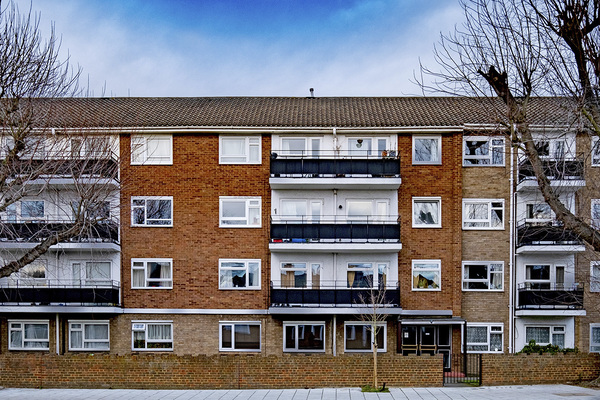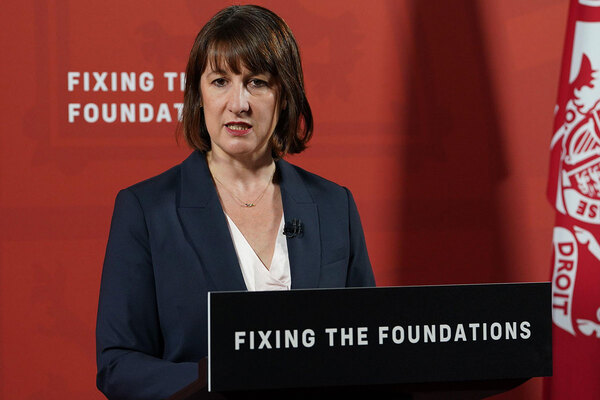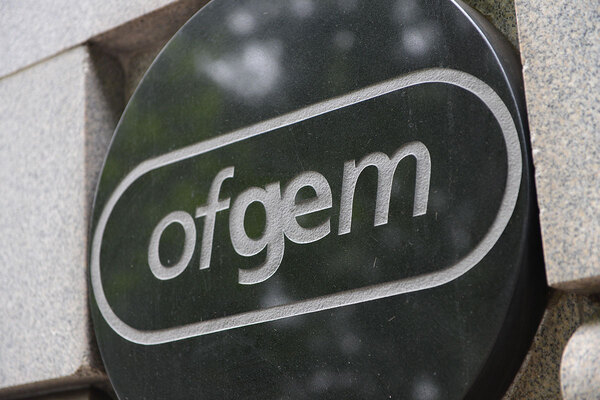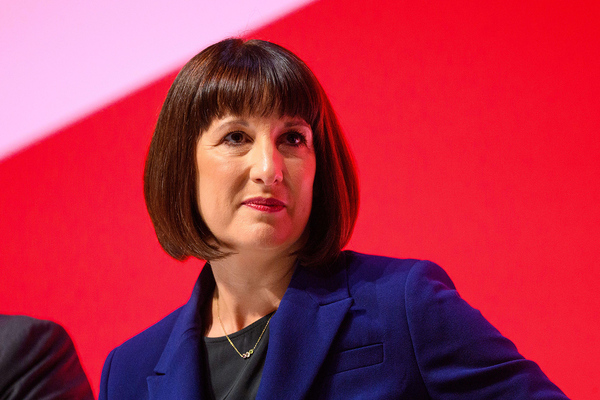You are viewing 1 of your 1 free articles
10-year rent settlement would still leave councils with £7bn shortfall, LGA warns
A 10-year rent settlement of CPI+1% would still leave councils with an income shortfall of £7bn, the Local Government Association (LGA) has warned.
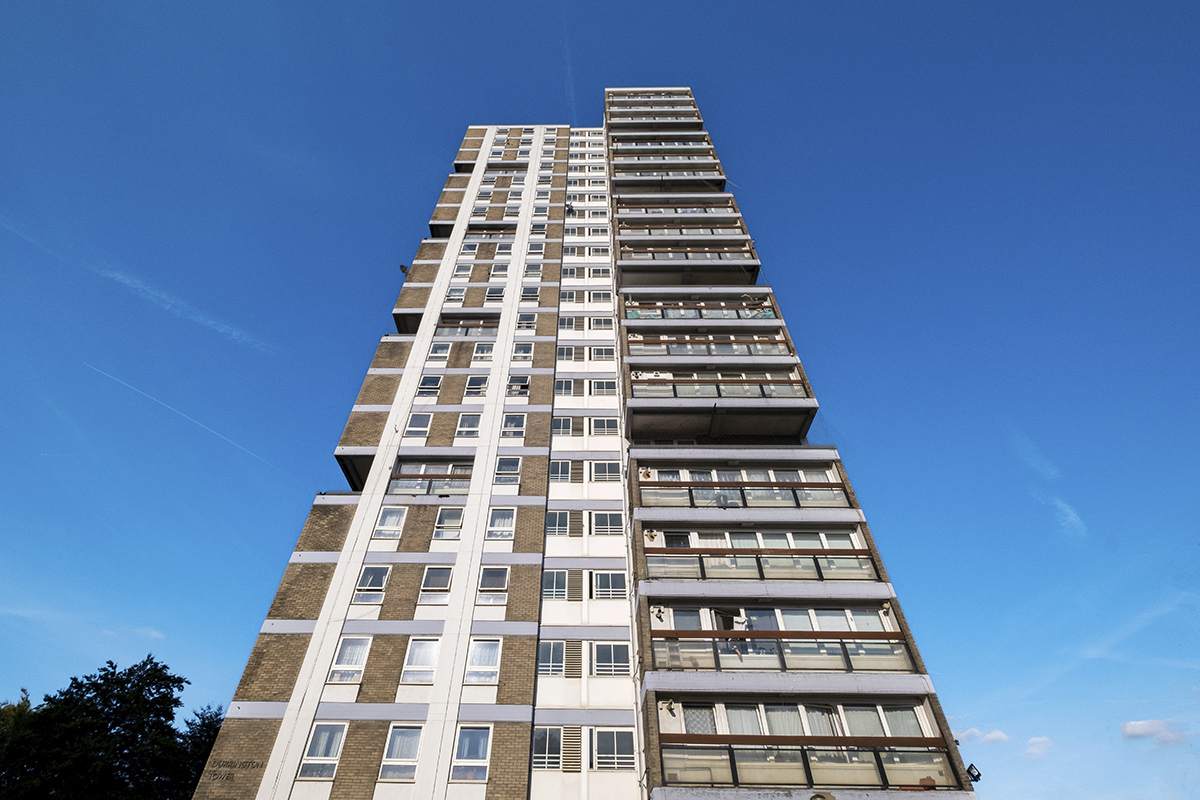
A new report by Savills – and commissioned by the LGA, the National Federation of ALMOs and the Association of Retained Council Housing – said that financial pressures are “plunging” the future of council housing into “serious doubt”.
The report has been published as chancellor Rachel Reeves prepares to present her maiden Budget next Wednesday.
Currently, the researchers said, councils face an “impossible choice” between their Housing Revenue Accounts (HRAs) going into deficit or failure to meet statutory repair obligations.
As a result, councils will also be unable to fund the development of new affordable homes, the report said.
According to the analysis, HRAs are “buckling” under the impact of rent cuts from 2016 to 2020 and the rent cap in 2023.
Meanwhile, there has been a huge rise in required spending on existing homes to meet building safety and energy efficiency obligations as well as the Decent Homes Standard.
These investments were estimated to cost a total of £64.2bn over 30 years in 2012, but are now up to £96.1bn, meaning councils must find an extra £31.9bn.
Day-to-day repair costs are “spiralling well above the rate of CPI inflation” due to labour and supply chain shortages, while demand for repairs has increased in the light of Awaab’s Law, which will require landlords to fix hazards in specific timescales.
The report noted that these pressures are in part due to “recent turbulence in the economy” such as high inflation and interest rates.
However, “national government policy interventions” since 2012 have also contributed to the crisis, including the fact that rent rises have been cumulatively “well below inflation” over the past eight years.
The research shows that a 10-year settlement allowing annual rent increases of up to 1% above CPI, as chancellor Rachel Reeves is reportedly considering, would eventually balance HRA income and expenditure over 30 years. However, in the short term there would still be an “income shortfall” over the initial five to 10 years of £6-7bn.
The organisations urged the government to raise funding for council housing at next week’s Autumn Budget, and to provide a long-term rent settlement of at least 10 years to give councils certainty over their income.
They also called for an “urgent review and revision” of the current self-financing council housing regime that has been in place since 2012, and increased Affordable Homes Programme grant levels to help councils build new affordable homes.
Adam Hug, housing spokesperson at the LGA, said: “This is the most precarious position that council housing has been in for over a decade, and urgent action is needed to ensure that local government can keep up with its obligations around providing decent-quality council housing.”
Mike Ainsley, chair of the National Federation of ALMOs, said: “This report is solid evidence that our national housing catastrophe cannot be addressed without a strong council housing sector. The Savills data paints an unambiguous picture of the dire state this sector is in after years of decline.
“We urgently need a strong financial settlement to restore lost rent revenue and make HRAs viable. Only then can we provide the good-quality social housing that the country needs.”
Aydin Dikerdem, chair of the Association of Retained Council Housing, said: “Councils are, rightly, expected to ensure that all their tenants’ homes meet at least the basic requirements of the Decent Homes Standard, and are being held to account by government and the regulator where they fail to do so.
“For its part, the government has a reciprocal obligation to make sure councils have the funding necessary to meet these obligations.”
A Ministry of Housing, Communities and Local Government spokesperson said: “Despite the inheritance we have been left, the government is focused on fixing the foundations of local government by rebuilding the sector from the ground up. This includes providing greater stability to areas by moving towards multi-year funding settlements and ending competitive bidding processes for pots of funding.”
Sign up for our development and finance newsletter
Already have an account? Click here to manage your newsletters
